Chatsworth's winning £4 million Lottery ticket means it can restore beloved water feature
The Chatsworth House Trust will use the money from The National Lottery Heritage Fund to restore their Cascade — beloved by Alan Titchmarsh.

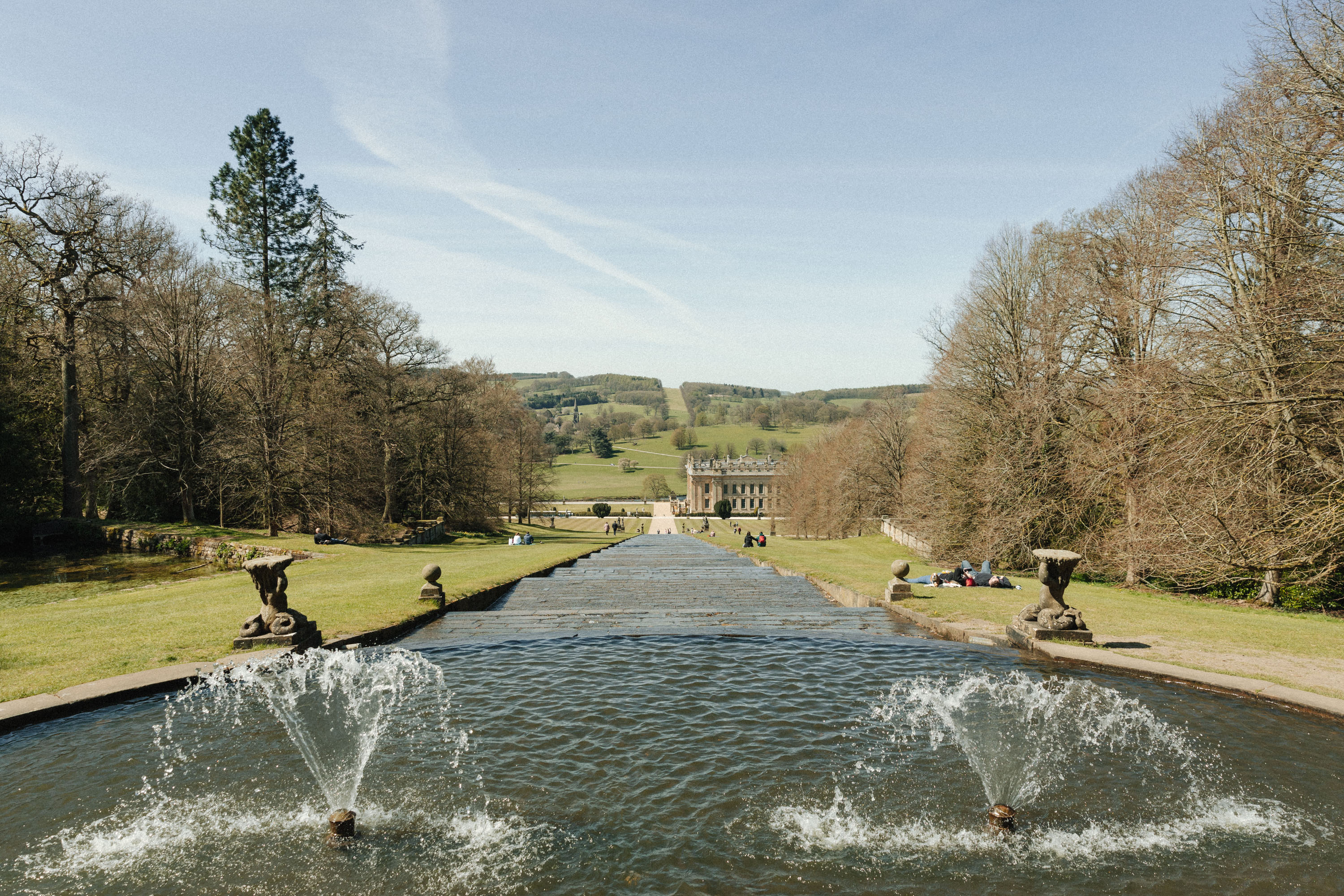
Exquisite houses, the beauty of Nature, and how to get the most from your life, straight to your inbox.
You are now subscribed
Your newsletter sign-up was successful
Chatsworth House Trust, who are responsible for the care of the house and gardens as well as the parkland and collections at Chatsworth, has been awarded a grant of £4.6 million from The National Lottery Heritage Fund. The estate in the Derbyshire Dales is the seat of the Dukes of Devonshire and includes the Grade-I listed 17th-century country house which has been used as a filming location for Pride & Prejudice (2005), Peaky Blinders and The Crown.
The grant will be used to support the restoration of its historic Cascade — a magnificent water feature which has been the centerpiece of its garden for many years. Built in the 1690s, it was a feat of aquatic engineering that shocked visitors at the time. Unfortunately years of use and significant water leakage mean it is no longer structurally sound. This has meant the flowing water — beloved by young and old — has been switched off since March 2024.
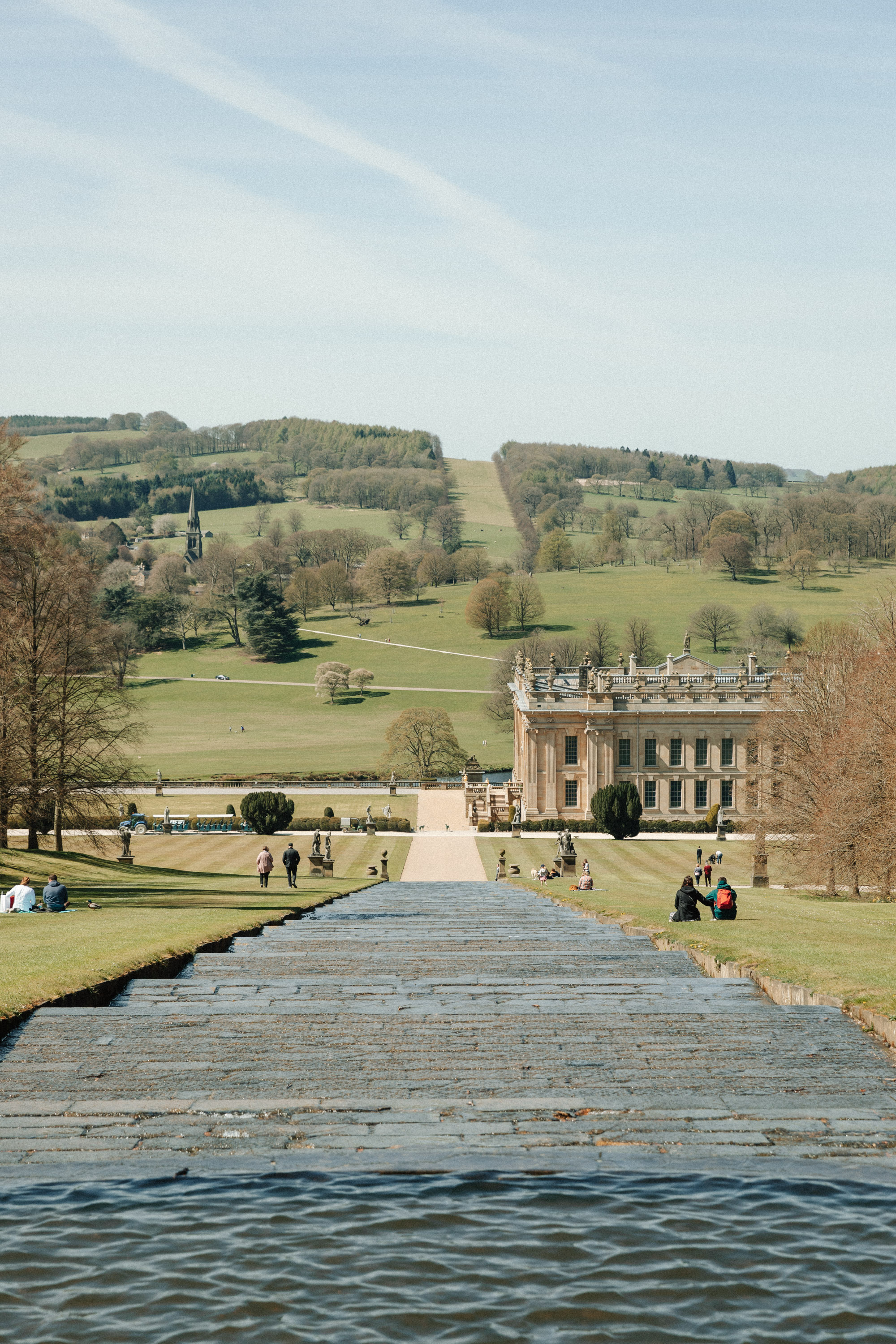
The Cascade before...
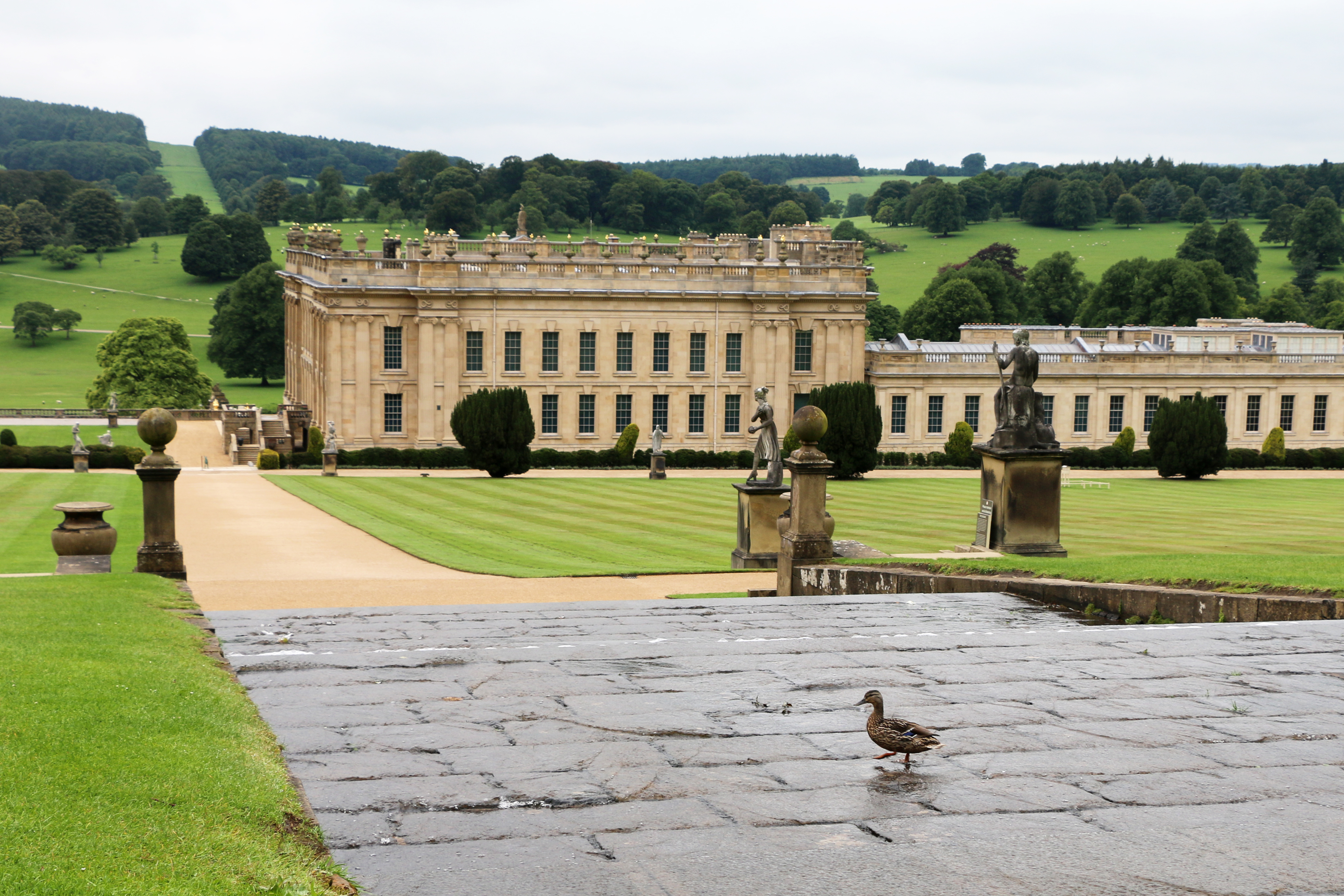
... and after.
Jane Marriott, the director of Chatsworth House Trust, said: ‘We are incredibly grateful to The National Lottery Heritage Fund for their generous support, which has made it possible for us to safeguard the Cascade at Chatsworth, one of Britain’s most iconic water features.
‘As a charity, this funding plays a huge role in enabling Chatsworth House Trust to deliver on its mission to preserve this extraordinary heritage site for everyone to enjoy.’
Liz Bates, of the The National Lottery Heritage Fund, said: ‘Chatsworth’s Cascade is beloved by many, as the strength of public fundraising efforts shows. We’re pleased to award Chatsworth House Trust with £4.6 million to restore this remarkable piece of historic engineering and make a step change in how Chatsworth engages with local communities and visitors.’
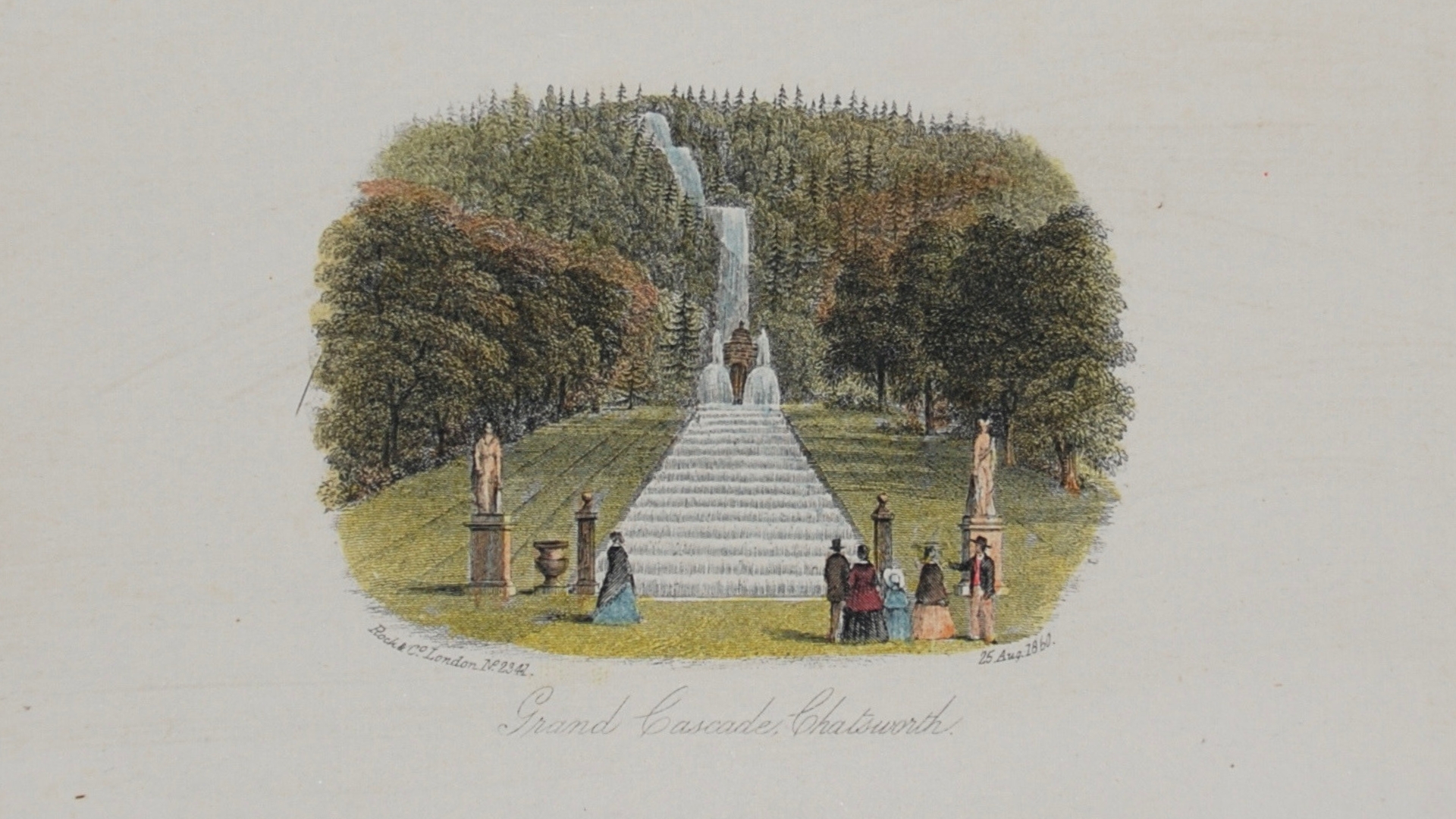
An illustration of the Cascade from 1860.
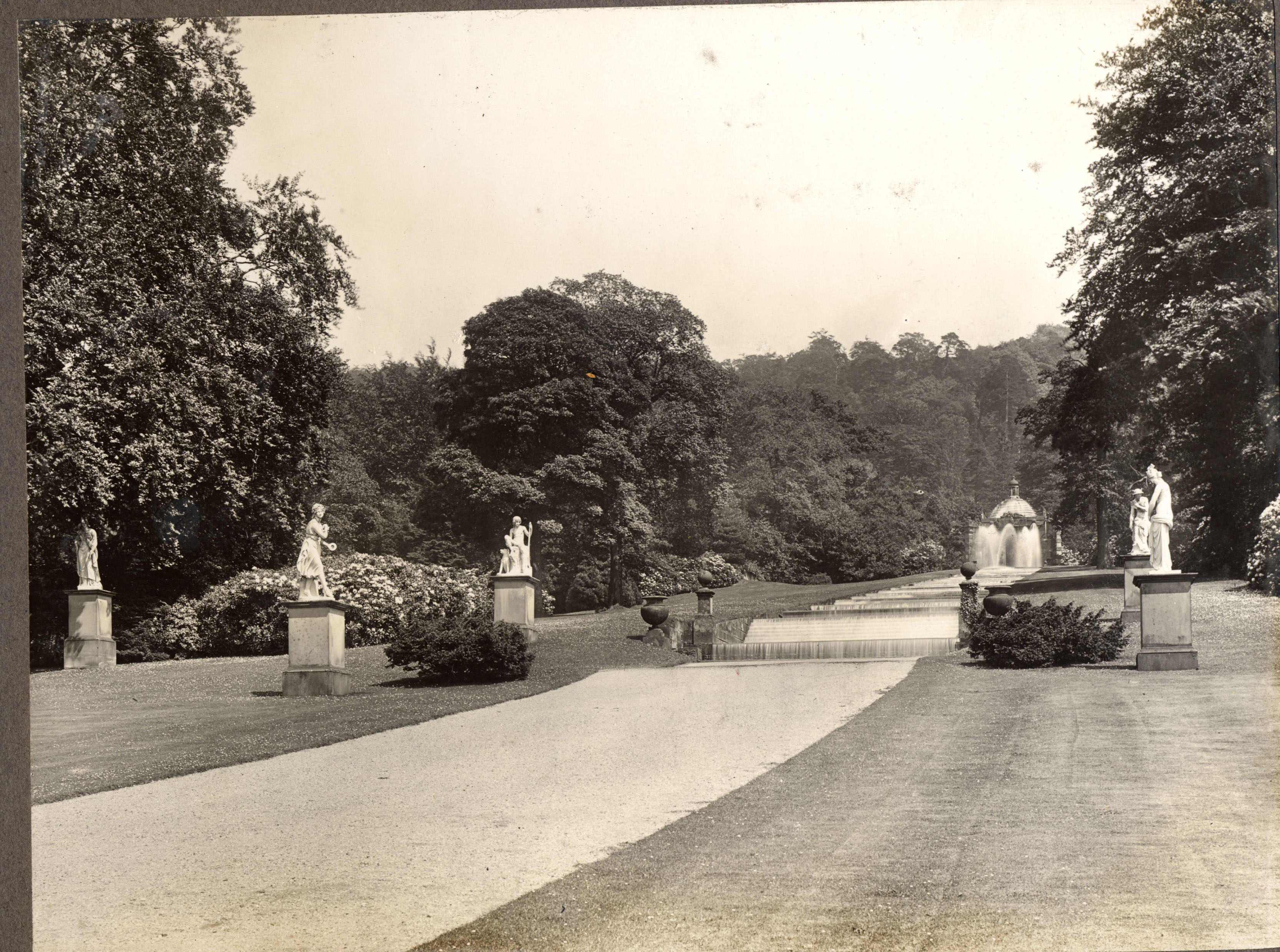
A photograph of the Cascade from the 1900s.
The Trust’s restoration project aims to sustain the Cascade for centuries to come. Part of the grant will also be used to create a learning and audience development programme for the Chatsworth Garden. It follows a grant of £422,000 in 2023 which kicked off the Cascade restoration project. The Trust is a registered charity which was established in 1981 and is funded by donations and the revenue generated from ticket sales to the house and gardens.
Earlier this year, Alan Titchmarsh said: ‘Many people have fond memories, myself included, of paddling in the Cascade water, especially on a hot day.
Exquisite houses, the beauty of Nature, and how to get the most from your life, straight to your inbox.
‘This is the most important water feature of its kind in Europe and nothing sits in a landscape so commandingly as this Cascade, which has been there since 1696, when William III was on the throne. This is my favourite stately home garden in the whole world and I hope people rally to help save it for future generations.’
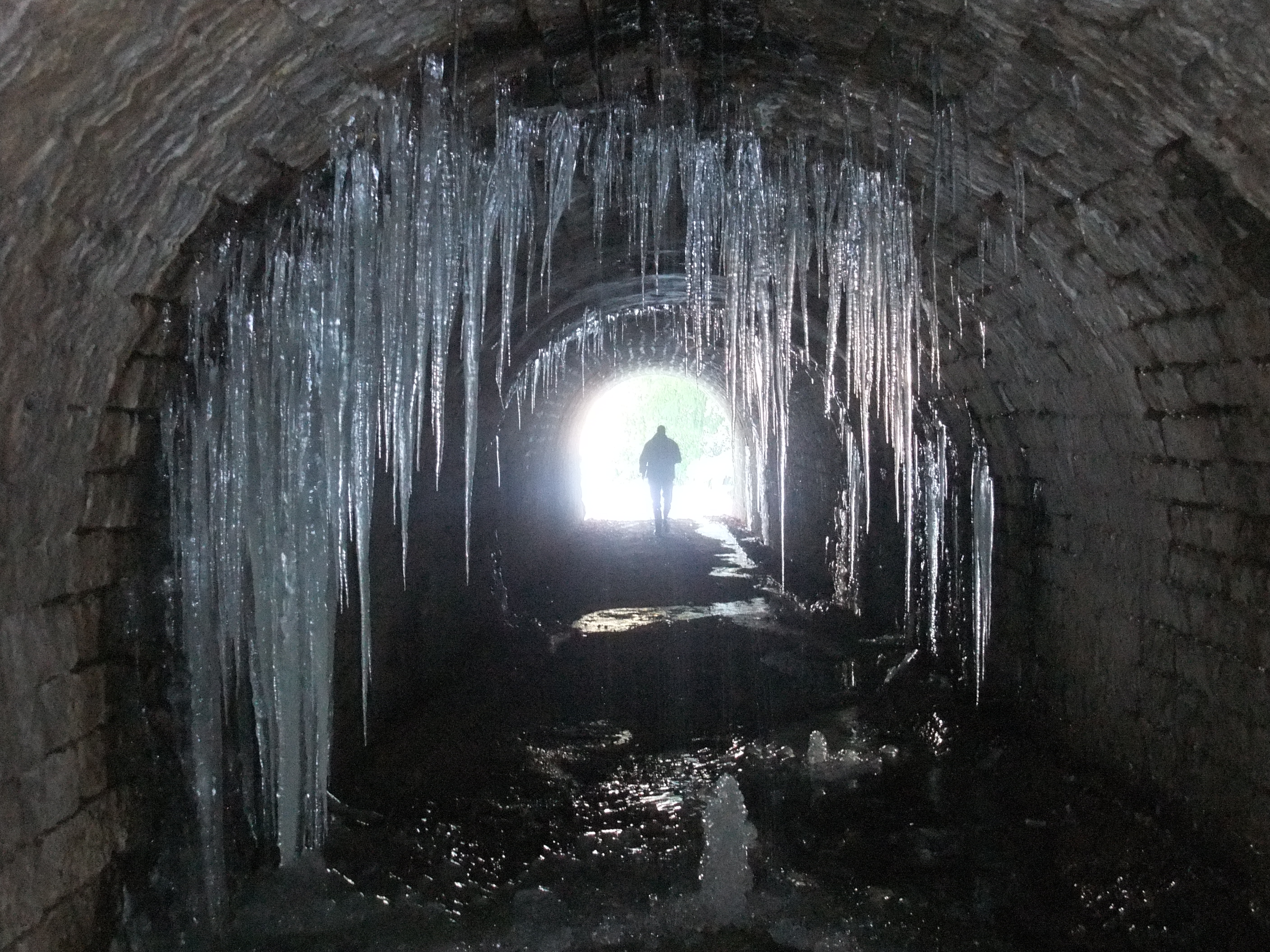
The Cascade tunnel at Chatsworth.
The total cost of the project is projected to be £7.5 million, with the Trust committed to raising the necessary remaining funds. They have raised over £100,000 so far, and plan to raise the remaining £1 million within the next 18 months. Members of the general public are able to sponsor one of the cascades stones as a way of contributing to its restoration.
To find out more or donate visit the Chatsworth Trust's website
Lotte is Country Life's Digital Writer. Before joining in 2025, she was checking commas and writing news headlines for The Times and The Sunday Times as a sub-editor. She has written for The Times, New Statesman, The Fence and Dispatch magazine. She pens Country Life Online's arts and culture interview series, Consuming Passions.
